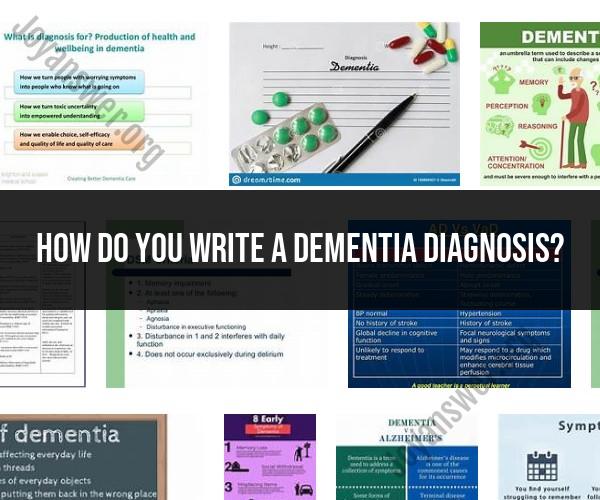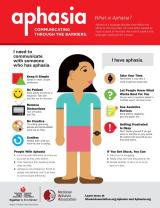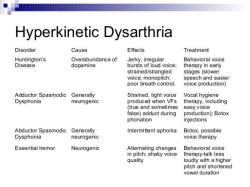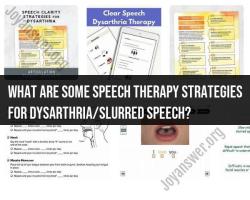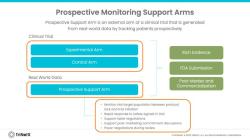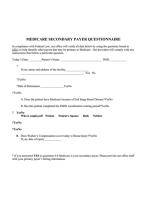How do you write a dementia diagnosis?
Writing a dementia diagnosis is typically the responsibility of a qualified medical professional, such as a neurologist, geriatrician, or psychiatrist. The diagnosis process involves a comprehensive assessment of the patient's medical history, symptoms, cognitive function, and often includes various tests and evaluations. Here is an overview of the steps involved in writing a dementia diagnosis:
Preliminary Evaluation: The process usually begins with a preliminary evaluation by a primary care physician or a specialist who suspects dementia based on the patient's symptoms, medical history, and initial cognitive assessment.
Comprehensive Assessment: A comprehensive assessment follows, which may involve multiple steps:
- Medical History: The physician gathers a detailed medical history, including family medical history, past illnesses, medications, and any recent changes in cognitive or behavioral function.
- Cognitive Assessment: Cognitive tests, such as the Mini-Mental State Examination (MMSE) or Montreal Cognitive Assessment (MoCA), are administered to assess memory, attention, language, and other cognitive functions.
- Physical Examination: A thorough physical examination helps rule out other potential causes of cognitive decline, such as infections, nutritional deficiencies, or vascular issues.
- Neurological Evaluation: A neurological examination assesses motor skills, reflexes, coordination, and gait.
- Laboratory Tests: Blood tests may be ordered to rule out reversible causes of cognitive impairment, such as thyroid dysfunction, vitamin deficiencies, or infections.
- Brain Imaging: Imaging tests like MRI or CT scans can help identify structural brain abnormalities, strokes, or tumors.
- Functional Assessment: Evaluations of daily functioning and behavior, including the ability to perform activities of daily living (ADLs), are conducted.
Differential Diagnosis: The physician considers other possible causes of cognitive impairment, such as Alzheimer's disease, vascular dementia, Lewy body dementia, or frontotemporal dementia, and works to rule them out or confirm the specific type of dementia present.
Diagnostic Criteria: Dementia diagnoses are typically made based on established diagnostic criteria. For example, Alzheimer's disease is often diagnosed based on the criteria set by the National Institute on Aging and Alzheimer's Association (NIA-AA) or the Diagnostic and Statistical Manual of Mental Disorders (DSM-5).
Communication: Once a diagnosis is confirmed, the physician communicates the diagnosis to the patient and their family in a compassionate and supportive manner. This conversation should include a discussion of the type and stage of dementia, expected progression, and available treatment options.
Documentation: The dementia diagnosis is documented in the patient's medical record. It should include the following elements:
- The specific type of dementia (e.g., Alzheimer's disease, vascular dementia).
- Any relevant information on the stage or severity of dementia.
- Differential diagnoses considered and ruled out.
- Findings from cognitive assessments, laboratory tests, and imaging studies.
- Recommendations for further evaluation, treatment, and care planning.
Care Planning: A care plan is developed to address the patient's unique needs and symptoms. This plan may include medications, cognitive therapies, behavioral interventions, and recommendations for support services or long-term care.
It's important to note that a dementia diagnosis is often challenging, and it may require ongoing evaluation and monitoring as the disease progresses. Additionally, the diagnosis should be communicated with empathy and sensitivity to the patient and their family, who may require emotional support and guidance in coping with the diagnosis.
